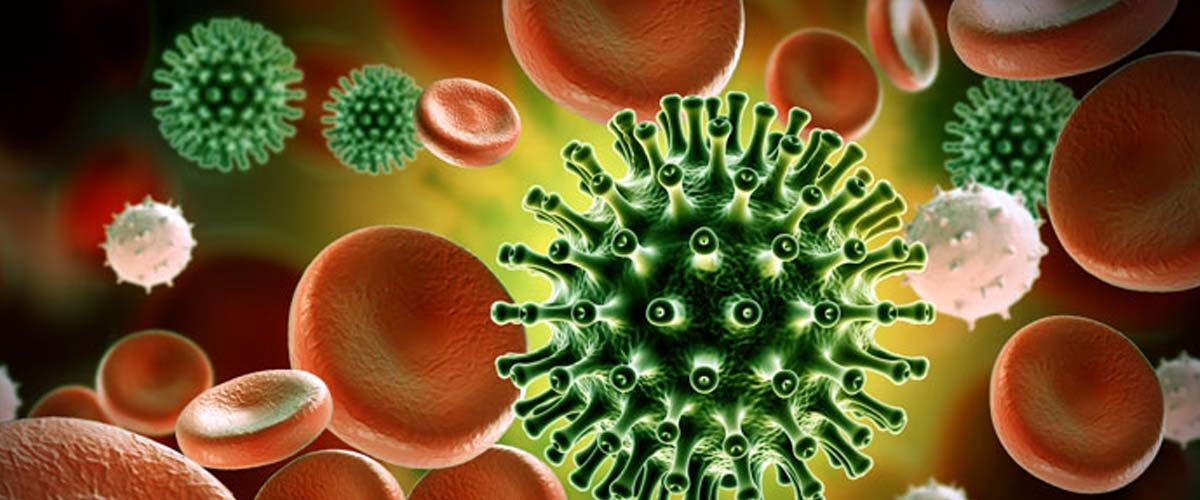Upon hospital admission, a patient’s blood test report indicates the existence or absence of SARS-CoV-2, identifying the COVID-19 severity from moderate to extreme. Admitted patients have a good chance of rapid recovery if no virus is detected in their blood. These findings are recently published in the Clinical Infectious Diseases, and the project was conducted by the researchers at Karolinska Institutet and Danderyd Hospital.
Blood samples were collected from patients admitted to the Department of Infectious Diseases, Danderyd Hospital, Sweden, with a confirmed COVID-19 infection within three days of their hospital admission. Patients with considerable levels of the new coronavirus SARS-CoV-2 in their blood were seven times more liable to develop severe symptoms with an eight times possible chance to die within 28 days of illness.
“This readily available test facilitates us to categorize patient groups at low or high risk of severe COVID-19 enabling the medical practitioners to treat and monitor the patients accordingly,” says the study’s lead author Karl Hagman, infectious diseases consultant at Danderyd Hospital and doctoral student at Karolinska Institutet’s Department of Clinical Sciences at the same hospital.
The researchers examined the existence of viral RNA in the blood using a broadly applied laboratory diagnostic method called PCR (polymerase chain reaction test) on 167 samples taken from admitted patients. Out of 167 samples, 61 samples had measurable levels of the virus in their blood, and 15/61 (25%) died due to disease within 28 days of blood sampling. This can be compared with three deaths (3%) amongst the 106 patients who did not have considerable virus levels in their blood. The incidence of virus in blood increased with an increase in age and so it was more obvious in patients over the age of 60.
Any funding body did not aid this study. The paper’s last author, Johan Ursing, has a clinical research position financed by Region Stockholm. One of the co-authors has reported receipt of payment from pharmaceutical company Pfizer outside this current study. No other potential conflicts of interest are declared in the paper.
















Informative!!